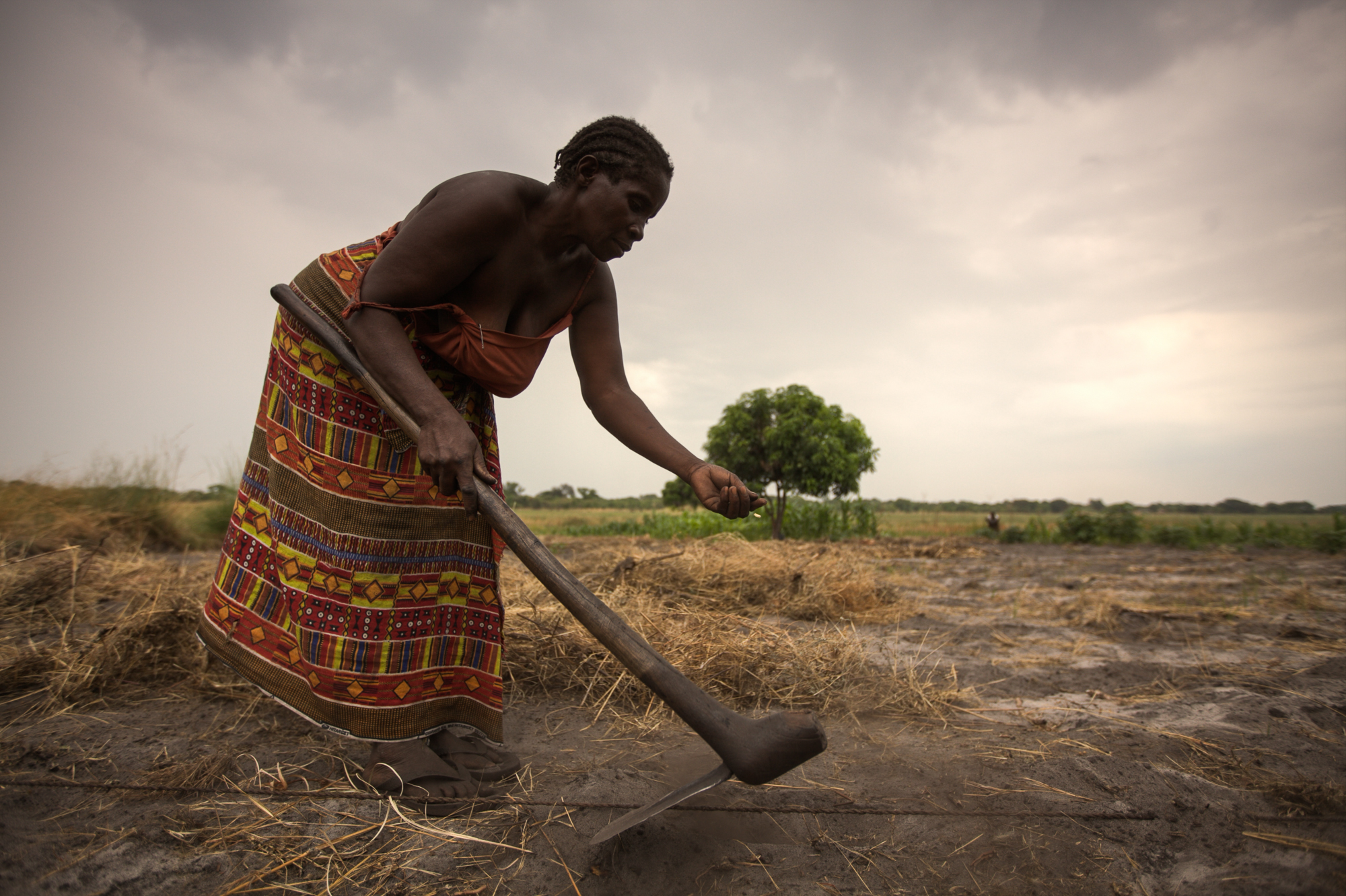West Africa: Innovative Practices for Restoring Soil Fertility and Capturing Carbon
During a trip to West Africa by the French Minister of Agriculture, Stéphane Le Foll, CIRAD presented farming practices developed with its partners in Burkina Faso, Ivory Coast and Senegal. The practices are intended to boost soil fertility and carbon capture capacity, while contributing to the food security of local people. Some make use of traditional local know-how…
In Burkina Faso, farmers dig pits on degraded land, adding manure in order to restore fertility. This traditional practice, known as ‘zaï’, facilitates water infiltration and supplies organic matter, which in turn brings local flora species. This fosters biological life within the soil, which recovers its fertility. Scientists have studied and improved this practice, while attempting to reduce the amount of work it requires on the part of farmers.
[…]Stéphane Le Foll, the Minister of Agriculture, Agrifood and Forestry and French government spokesperson, was in Burkina Faso, Ivory Coast and Senegal from 27 to 30 July to promote ‘4 per 1000, carbon sequestration in soils for food security and the climate’. This initiative set out to identify and disseminate farming practices that will boost the capacity of agricultural soils to capture carbon, hence improving their fertility while also mitigating climate change. Stéphane Le Foll was accompanied by a French delegation including CIRAD President Managing Director Michel Eddi. The Minister met the Heads of State of all three countries – Roch Marc Christian Kabore, Alassane Ouattara and Macky Sall -, his counterparts and several agricultural professionals, and the various Franco-African research teams involved in the ‘4 per 1000’ initiative. The visit was part of the preparations for COP22, to be held in Marrakesh, Morocco, from 7 to 18 November 2016, and implementation of the ‘4 per 1000’ initiative, launched by the French Minister at COP21 in Paris last year.

